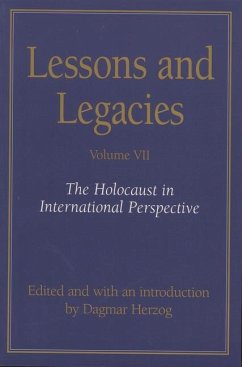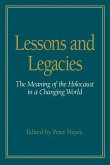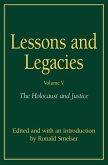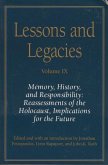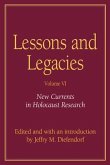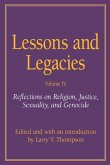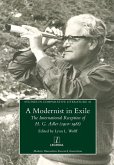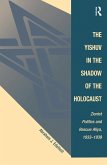As the discipline of Holocaust studies matures, new questions and themes come to the fore. Among these are critical issues that receive serious scholarly attention, often for the first time, in this collection of essays by some of the world's most respected experts in the field. Greed and theft as motives for Holocaust perpetrators and bystanders; sexual violence and what it tells us about the experiences of both victims and perpetrators; collaboration with Nazis among the local populations of the ever-moving Eastern front; the durability of anti-Semitism after 1945; and the perspectives of the Soviet military and Soviet leadership on Nazi crimes: these are some of the topics the authors address as they extend the boundaries of Holocaust scholarship beyond the central loci of the planning and execution of technologized mass murder--Germany and Poland--and into ghettos and killing fields in Ukraine and Belarus, as well as spaces whose boundaries and national identities changed repeatedly.
Hinweis: Dieser Artikel kann nur an eine deutsche Lieferadresse ausgeliefert werden.
Hinweis: Dieser Artikel kann nur an eine deutsche Lieferadresse ausgeliefert werden.

